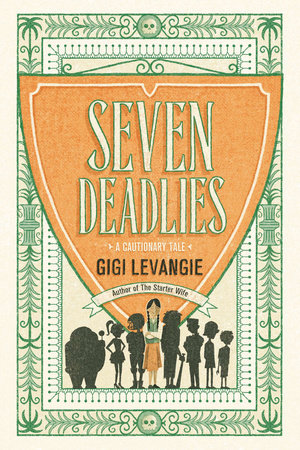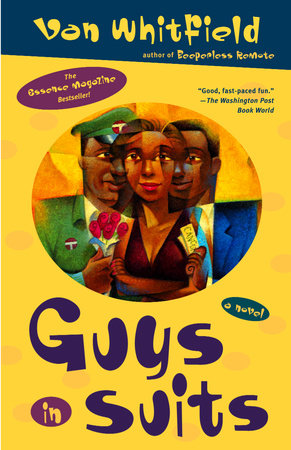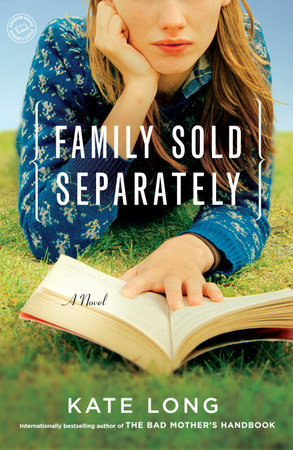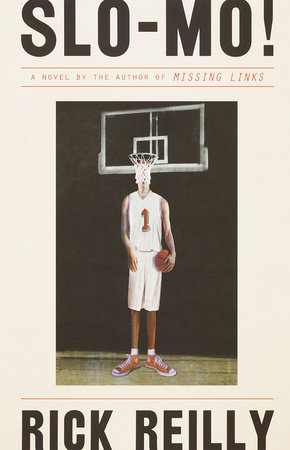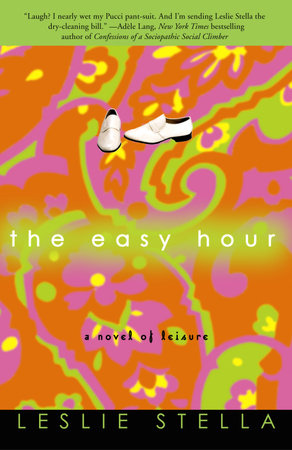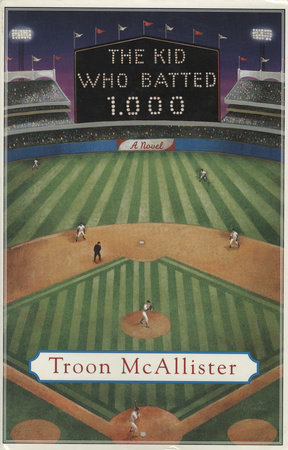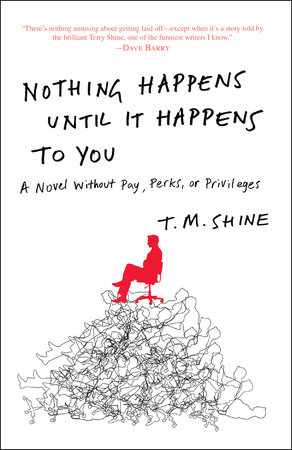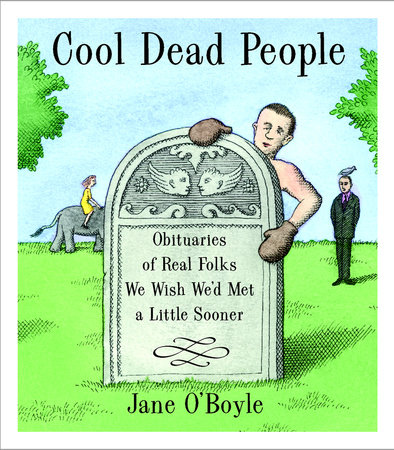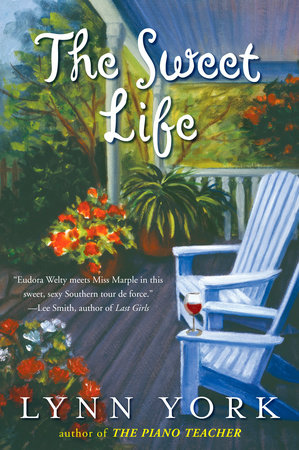A Conversation with Mick Foley
Author of TIETAM BROWN
Q: When did you first decide that you wanted to try your hand at writing?
A:I had always enjoyed writing when I was younger, but I didn’t really give any serious thought to it until my proposed autobiography was not coming out as well as I had hoped. I told the ghostwriter that I would like to give the opening chapter a shot by myself. I thought I did a pretty good job, and more importantly, had a great time doing it. So I convinced my publisher that I could do the whole thing myself. It turned out to be quite a blessing, because my wrestling career was coming to an end and I really had no idea what to do with the rest of my professional life.
Q:You have written two works of autobiography and two children’s books. When did you know you wanted to write a novel and where did you get the idea for TIETAM BROWN?
A:After two autobiographies, I thought I had pretty much exhausted people’s interest in my life. I really thought writing children’s books was going to be my place in the literary world. I‘d considered writing a novel, but it seemed like rocket science to me. However after reading Stephen King’s book, On Writing, I found myself thinking:“I can do this.” I had just seen the movie Affliction, and was blown away by the father played by James Coburn. So for the next year, I found myself thinking constantly about a father-son story of my own.
Q:There is a lot of rage and violence in this novel but also a lot of humor and ultimately the novel seems to be about forgiveness. Would you say that is an accurate assessment?
A:I had planned to start this book on September 1, 2001. Had I done so, it probably would have been a story about revenge, because that’s what had been running through my mind for that past year. After September 11, however, I found myself drawn to writing a story about a kid who has hope, even though his life hasn’t been very kind. The first draft of Tietam Brown probably used the word forgiveness a hundred times. My editor,Vicky Wilson, thought I was kind of hitting the reader over the head with it, and encouraged me to let the reader come to their own conclusions instead of force-feeding them my own. So, yes I feel it is definitely a story about forgiveness.
Q:TIETAM BROWN is in many ways a coming of age novel about a teenage boy trying to put his violent past behind him. You have a lot of fans about Tietam’s age and also have done a lot of work with children. Is this character informed by your own work with kids?
A:The narrator of Tietam Brown is really just me pretending I’d been through some pretty bad things. A lot of non-wrestling fans actually enjoyed my autobiographies because they liked the voice it was written in. So, on my first stab at fiction, I figured I’d just keep that same voice.
Q:You share something with your main character—or lack of something I should say. I would be referring to the ear. How much of Mick Foley is in TIETAM BROWN?
A:I lost my ear nine years ago, and people still want to take a look at it. So, I figured I’d give the missing ear trait to Andy, who, as an awkward teenager probably wouldn’t find it quite as cool as wrestling fans do.
Also, I talk to a lot of schools about literacy and bullying and have a lot of sympathy for kids who are picked on just because they look a little different. I was actually pretty sensitive about my knocked out teeth until my wife came along and told me it looked sexy. So that’s the feeling I was looking for when Terri gives Andy’s stub a kiss.
Q:Tietam’s father, also Tietam, is quite a character; a man with a dark past and some strange pastimes most notably his card game/ body-building/beer-drinking routine (not to mention the basement panty collection.) Where did the inspiration for this character come from?
A:I think Tietam Brown, the father, is an amalgamation of many different wrestlers I knew during my 16 years on the road. I used to envy the guys who got all the girls, and loved to hear the stories of their conquests. Over time, however, I began to see that none of them seemed truly happy, and that many of their lives were sad and quite pathetic. By treating every woman like garbage, they kind of created their own self-fulfilling prophecy.
I see the father as a guy who desperately wants to believe in love, but doesn’t react well to the challenges real emotion brings. The idea of exercising nude came directly from stories about a wrestler who did that very thing.
Q:Your characters are named after the battle of Antietam, the bloodiest day of the Civil War. Fitting for what ultimately happens between them. Where did that bit of inspired naming come from?
A:As much as the story is about forgiveness, I think it’s also about the ramifications of not being able to forgive. I lived in different parts of the South for 14 years, and came to know many people who still hadn’t quite come to terms with what happened in the Civil War 140 years earlier. I wanted Tietam, the father, to hold that kind of grudge, and I wanted that trait to haunt him. I gave him a name that would remind him of that grudge every single day. Plus, I thought the name sounded cool.
Q:Tietam Brown, Senior has a murky past—part of which involves a career as a wrestler in the South during the 1960s. Why did you decide to incorporate wrestling in this novel and how much of your own experience as a professional wrestler informs this part of the novel?
A:I had always enjoyed reading about U.S. history, especially the Civil War. After a few years of serious Civil War reading, it seemed like a natural progression to learn about the civil rights era. When I did so, it occurred to me that several of my older wrestling friends had lived through that era in the deep south. I’d known these people for years, but never heard the subject mentioned. All it took was a couple of questions for me to feel like I was experiencing that time through their stories. I found the whole thing fascinating, and decided to make Tietam Brown, the father, a pioneer of sorts in the field of civil rights, which makes his descent into shallowness and perversion all the more intriguing to his son, once he decides to uncover his father’s past.
Q:What made you want to explore all the joys and pitfalls of the father son relationship?
A:I don’t really know.
Q:Reading about Tietam and Terri brings to mind all the trials and tribulations of that big teenage first love. Was that a nostalgic part of the writing process for you as well?
A:I think I was lucky in the sense that I had very few romantic moments growing up, so I tended to grab onto the few I had inside my mind. There was no big jumble of experiences to confuse me. So in writing about Andy and Terri, I was calling upon a few of those memories, and making up others that I really wished had been real. I actually developed quite a crush on my own fictional character.
Q:I heard that one of your wrestling names, “Mankind,” was inspired by Mary Shelley’s Frankenstein. Who are some of the other writers that have most influenced your work—both in and out of the ring?
A:I loved Shelly’s depiction of the monster created by a man—a “bad guy” who deep down isn’t bad. I like those gray areas, including “good guys” who aren’t all that good. I always enjoy Jonathon Kellerman’s books, especially his psychological accounts of why the “bad guy” becomes bad.
I’m a big fan of Stephen King—especially the non-horror stuff. I think The Body (later turned into Stand By Me) is one of the greatest coming of age stories I’ve read, because of its likeable narrator. I love Catcher in the Rye’s narrator too. He is so likeable that he makes the reader overlook the fact that nothing really happens in the book. I enjoy John Irving for his offbeat style but Gregory McGuire’s Wicked is a favorite of mine, maybe because he makes the Wicked Witch of the West not only a heroine, but a sexy one as well.
Actually, I think the biggest influence on my writing style is the 16 years I created inside the wrestling world. Those 16 years also gave me access to a cast of characters that no writer could dream up.






